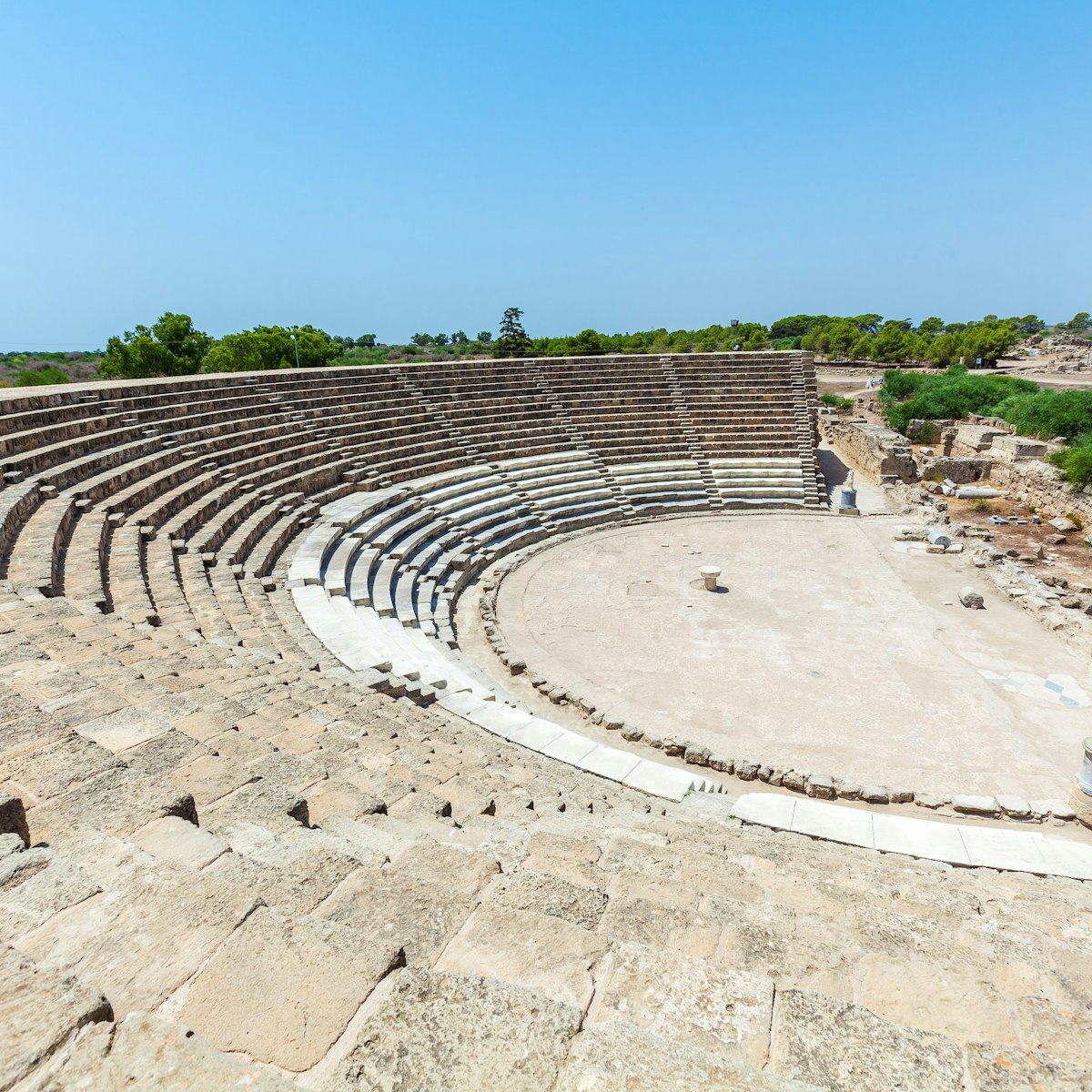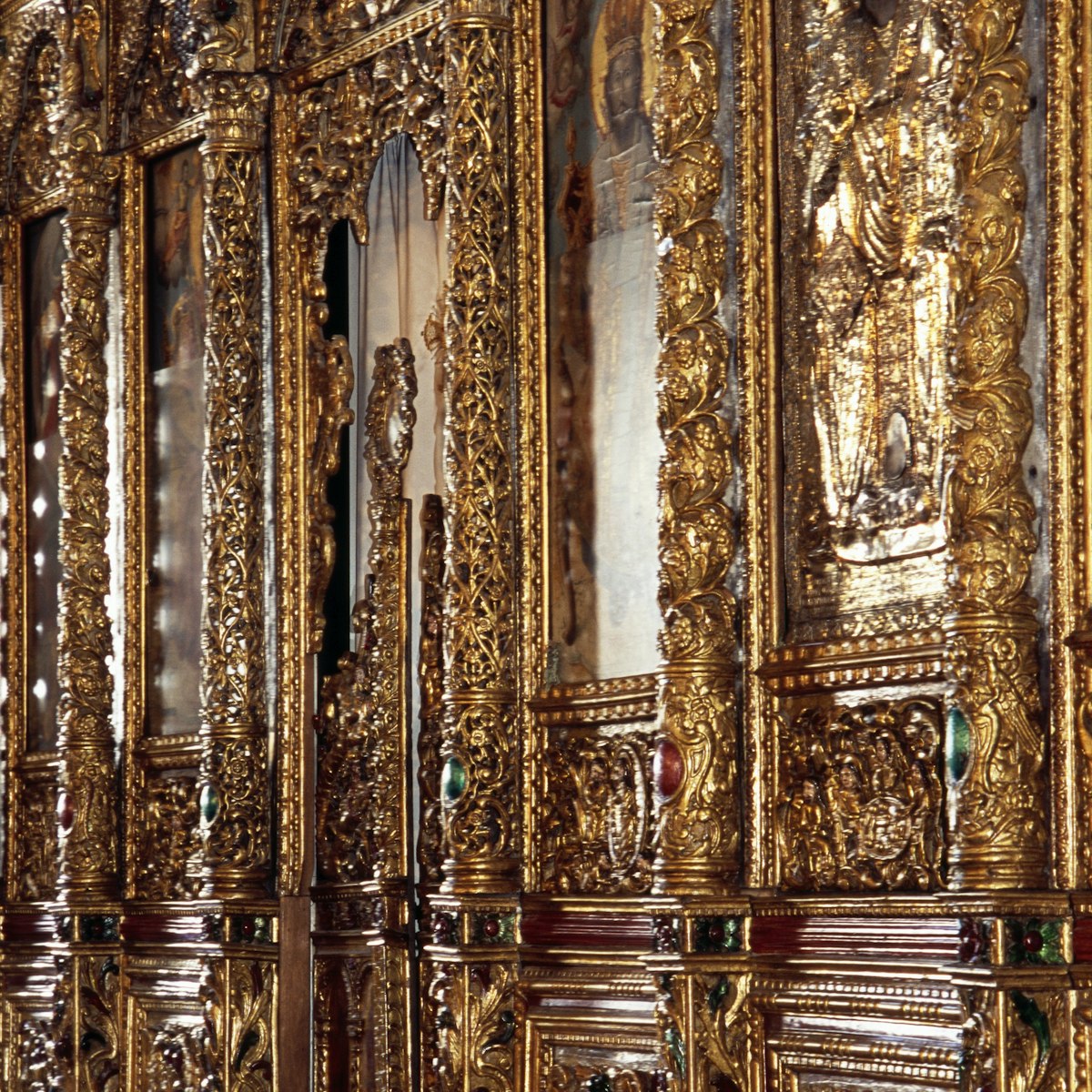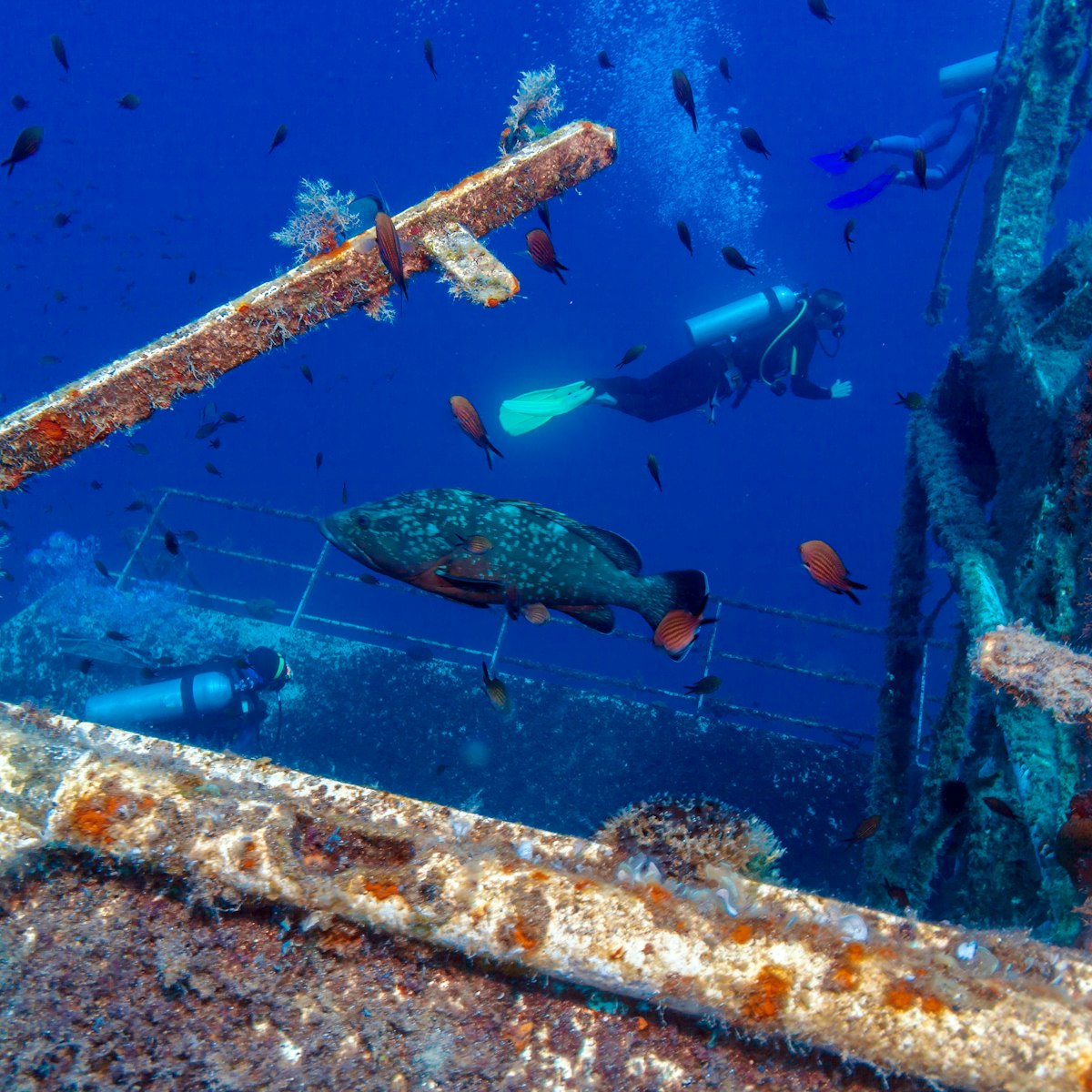Defining the Old Town, these imposing ramparts were constructed by the Venetians in the early 16th century. Although over 15m high and up to 8m thick, and surrounded by a now-waterless moat, the ramparts failed to keep the Ottomans at bay in 1571.
Like their counterpart in Nicosia (Lefkosia), Famagusta’s walls comprised 14 bastions and five gates. Unlike in Nicosia, you can walk on sections of the walls here and get a sense of the sheer bulk of the fortifications.
Start your Famagusta wall tour at the southern end near the Land Gate on the Ravelin (Rivettina) Bastion. It was here that the Ottomans first breached the fortifications. The Ravelin Bastion was being restored when we were last in town, but work should be finished by the time you arrive.
A set of stairs heads up onto the top of the walls on the eastern side of the Ravelin Bastion. From here, you can walk all the way along the top to the Canbulat (Arsenal) Bastion via the Santa Napa, Andruzzi and Camposanto Bastions. The Canbulat Bastion was renamed in honour of the Ottoman hero General Canbulat Bey, who died valiantly while attacking the walls on horseback during the bloody siege.
If restoration work on the eastern walls is still ongoing, take the path down the slope here, and walk down Canbulat Yolu until you reach Porta del Mare (the original Sea Gate). Here you can climb stairs up to the top again, although the views over the modern port are less than inspiring. This gate originally opened directly onto the sea; today the wharves have extended the land bridge considerably.
The next section of wall you can climb up on is at the Diamante Bastion, though you can't get very far as another restoration project is currently at work on the western walls. When this is finally finished, it is one of the most interesting sections of the walls to walk, starting from the steeply pitched Martinengo Bastion and passing the four minor bastions of San Luca, Pulacazara, Moratto and Diocare on your way back to the Ravelin Bastion.




